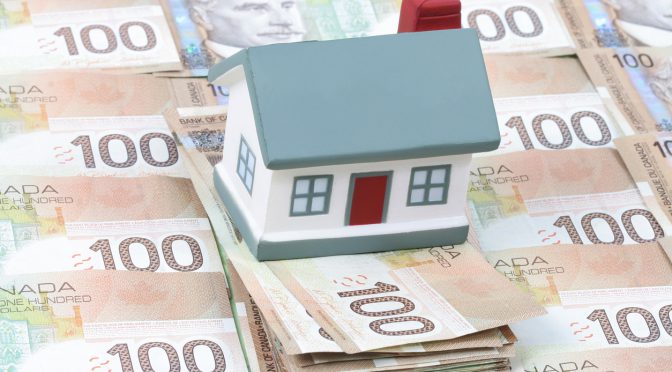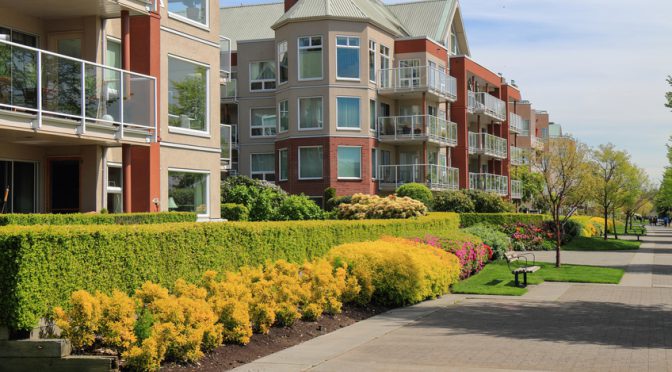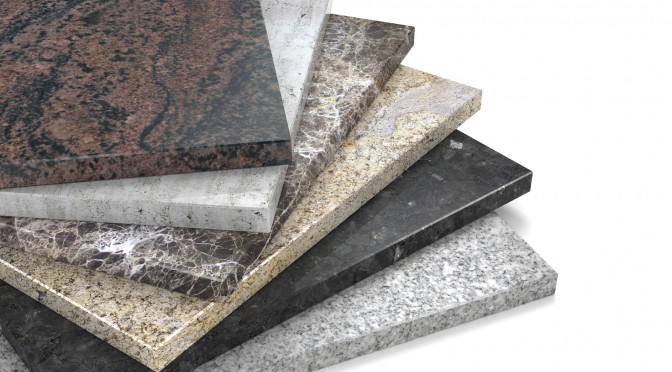After home sales failed to meet expectations in 2014, many analysts gave a cautious forecast of only a 2% increase in sales for 2015. However, despite several economic ups and downs, the real estate sector performed surprisingly well across Quebec this past year.
Key interest rate, depreciation of the loonie and jobs
To everyone’s surprise, at the start of the year, the Bank of Canada decided to reduce its key interest rate to 0.75%, which led to lower mortgage interest rates. The impact of this change resulted in shorter terms and generous rate discounts. What’s more, in July 2015, the Bank of Canada further reduced its key interest rate to 0.50%. While this second decrease had a less dramatic effect on mortgage rates than the first, it did encourage Canadian banks to reduce their preferred rates, which gave a boost to the Canadian economy.
Among other factors influencing the housing market, the job market proved to be particularly resistant to economic fluctuations, with over 80,000 jobs being created in Canada over the course of the year.
[caption id="attachment_13098" align="aligncenter" width="580"]

iStock[/caption]
Higher sales than expected with slight price increases
While many anticipated growth in home sales of just 2% in 2015, as mentioned above, by mid-2015, that figure had already reached 5%. The Québec Federation of Real Estate Boards (QFREB) even forecast a rate of 6% or 7% by the end of the year, with some 75,000 properties sold, and the Canadian Mortgage and Housing Corporation (CMHC) agreed.[……]
Read more







